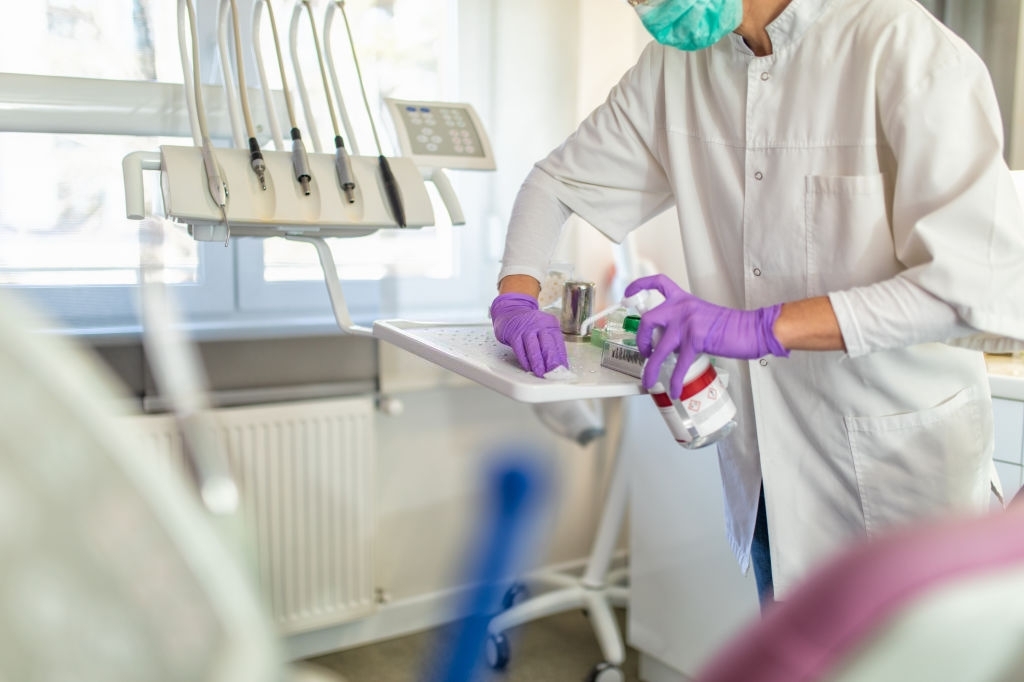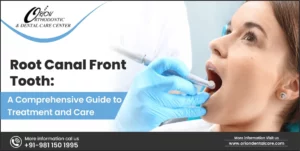Gum bleeding is one of the most common dental problems that are faced by people. The appearance of blood on your toothbrush bristles, your sink after rinsing or cleaning is a sign of gum bleeding. It is a sign that must not be ignored. There are many reasons why our gums bleed.
Gingivitis
One of the main causes of gum bleeding is gingivitis. Its when a cavity is build up on your teeth and your gums become inflamed. It is easily missed unless you notice bloodstains on your toothbrush or dental floss. If left untreated gingivitis can lead to periodontal disease, a critical oral condition characterized by the destruction of gum tissue and tooth loss. It is caused by lack of oral hygiene, destruction of gum tissue, tooth loss, brushing and flossing.
Smoking
Smoking is also one of the reasons why gums bleed. Smoking tends to cause an increase in periodontal disease for a variety of reasons. Inhaling smoke can also leave toxins behind on the teeth. This can be difficult to remove through oral hygiene. These substances cause the gums to bleed. Smokers can also have a compromised immune response to infection, and issues with proper healing and oxygenation of the blood supply – all factors that can negatively influence your gums.
Diet
Another reason, why gums bleed is because of poor diet consumption. Daily consumption of fresh vegetables and fruit as well as grains, dairy and protein, you could be setting your gums up for inflammation. A balanced diet is key for not only a healthy body but also a healthy mouth. Furthermore, disregard supposed ‘miracle’ food that is said to keep gums healthy and fight oral infection. Swollen gums can be an indication of type 1 or 2 diabetes. When you have this disease, your mouth isn’t as good at battling germs, so you’re bound to get oral infections like bleeding gums. High glucose levels that accompany diabetes make it harder for your body to recuperate, which can help create a gum infection. If you have bleeding gums or overwhelming bleeding when you get a little cut or have dental work, it might be an indication of disorders like hemophilia or von Willebrand disease. With these conditions, your blood doesn’t heal appropriately, so you may have bleeding gums. Furthermore, if your gums drain when you brush your teeth and it doesn’t stop on its own, your gums might be aggravated, or you may have thrombocytopenia.
Hormonal Changes
Hormonal changes during menstruation and pregnancy can also increase the chances of having bleeding gums. Some women experience regular hormonal gingivitis associated with their monthly menstrual cycle. Hormonal changes in pregnancy also increase the risk of developing gingivitis or periodontitis.
Other Factors
Applying a lot of pressure while brushing, forgetting to floss or simply not brushing at all are indications that you’re not committed to a regular and careful oral hygiene routine. So your gums will suffer the consequences. The gums are fairly soft tissue. If you overexert pressure on them with a hard bristle toothbrush, you can make them swell up and bleed. Using a soft bristle toothbrush will provide a better, gentler cleaning option for gums and teeth, but if you forget to brush, the type of toothbrush that you use won’t matter. The number one cause of gingivitis is the accumulation of plaque. Bacteria in the plaque uses the food debris to produce acids that can affect both the gums and teeth. Carbohydrates from starchy and sugary foods such as potato chips and fruit roll-ups are the worst food debris offenders.
They will stick to your teeth and gums for a long time if they’re not removed promptly. While it is very rare, a severe shortage of vitamin C can lead to scurvy, a disease related to poor nutrition. It can make you frail, cause anemia, and lead to internal bleeding. Gums Bleeding is a typical sign of scurvy.
Medication
Different medications also cause gums to bleed. Dentists often ask for new medications as certain drugs can raise the risk of bleeding gums. Anticonvulsants such as Dilantin can cause abnormal gum swelling. Some blood pressure medications and immuno-suppressants can also cause gum inflammation and bleeding. The amount of salivary flow in the mouth including antihistamines, sedatives, anti-depressants, and anti-psychotics also causes our gums to bleed. Blood thinners also cause gums to bleed.
For Gum Treatment Consult Us.






